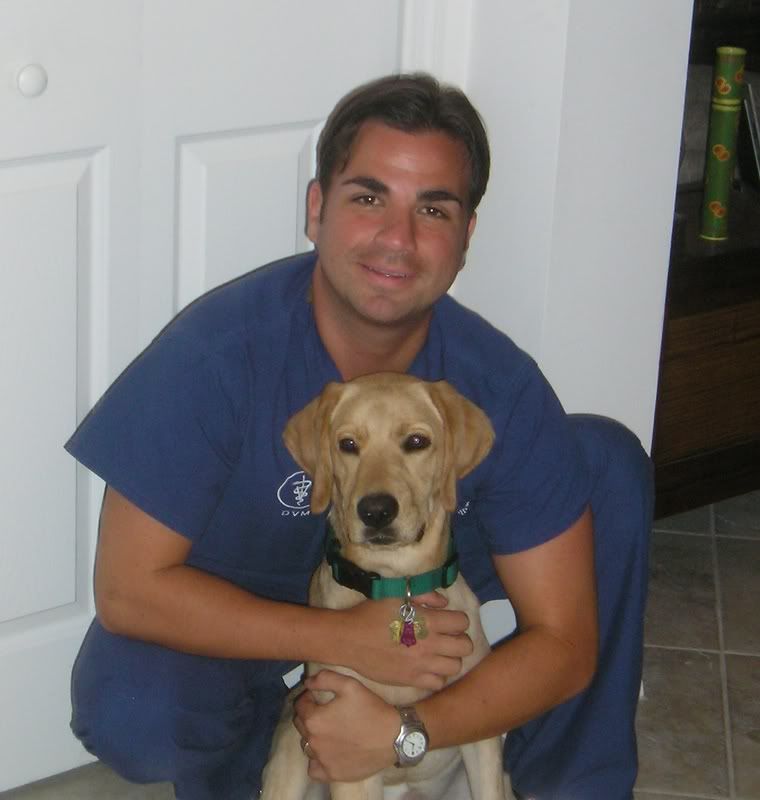Listen to internet radio with Roger Welton DVM on Blog Talk Radio
Airs Wed March 28, 2012, 9PM EST. Listen to this podcast directly from my show page by CLICKING HERE.
Dear Listeners, Viewers, and Readers:
Tonight’s episode deals with a very
common disease area in dogs and cats: the spine and spinal cord. Most pet owners would likely be astounded by
the frequency with which I see injuries and disease of the spine, a frequency
which approaches 3-5 newly diagnosed cases per week. Whether we are dealing with simple muscle
strains, intervertebral disc injuries, autoimmune disease, infection, vascular
accidents, or degenerative spinal disease, the bottom line is this: disease of
this region is common, and recognizing it as soon as possible to get treatment
on board ASAP is the most effective way to deal with it.
This evening, I will tell you how to
recognize disease of the spine and spinal cord, as well as highlight treatment
options and prognosis for given disease ailments. If you have a dog or cat that suffers from
chronic spinal disease, pay particular attention, as I will also be discussing
the latest advances in treating the most common spinal diseases.
As always, I invite you to post comments right here at the blog or submit e-mail comments/questions to be addressed by me on the air, by sending them to comments@web-dvm.net.
Thank you as always for caring about what I have to say!
As always, I invite you to post comments right here at the blog or submit e-mail comments/questions to be addressed by me on the air, by sending them to comments@web-dvm.net.
Thank you as always for caring about what I have to say!
Roger Welton, DVM
Dr. Roger Welton is the President and chief veterinarian at Maybeck Animal Hospital in West Melbourne Florida, as well as CEO of the veterinary advice and health management website Web-DVM.net.



